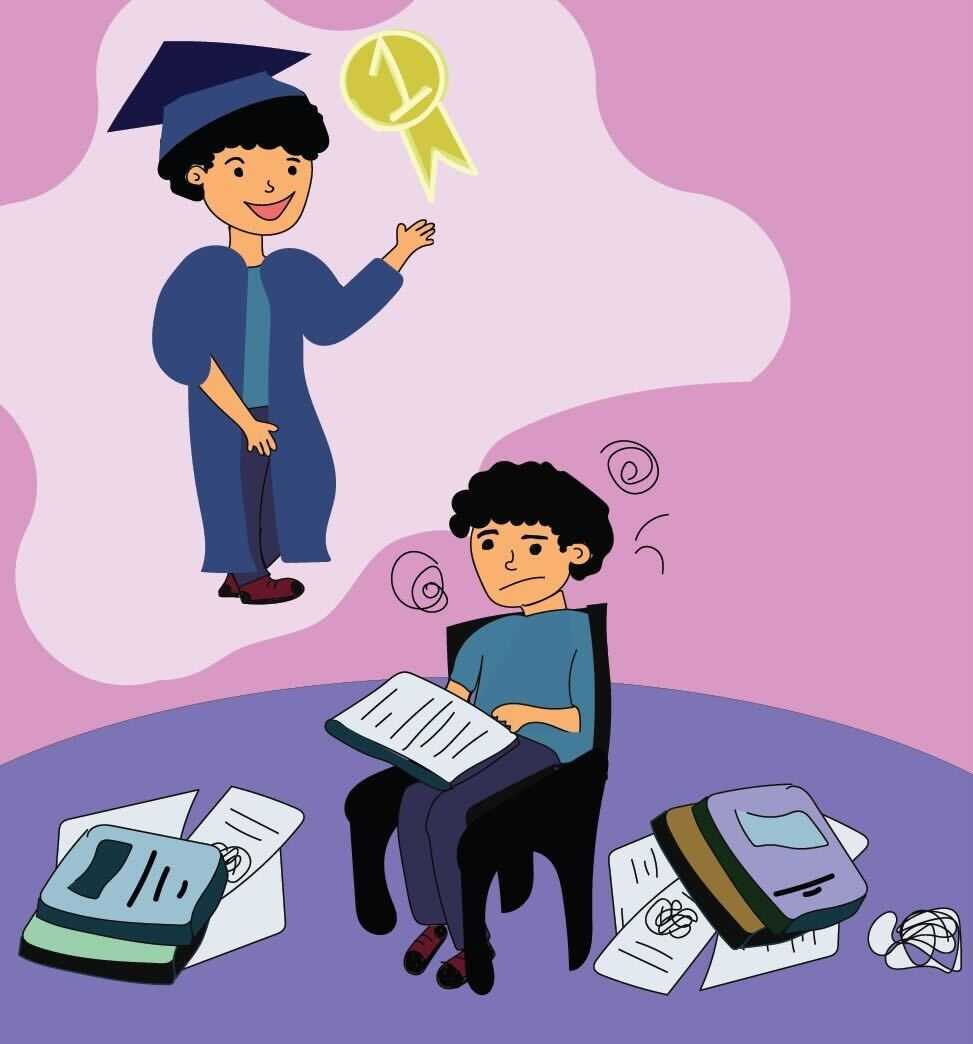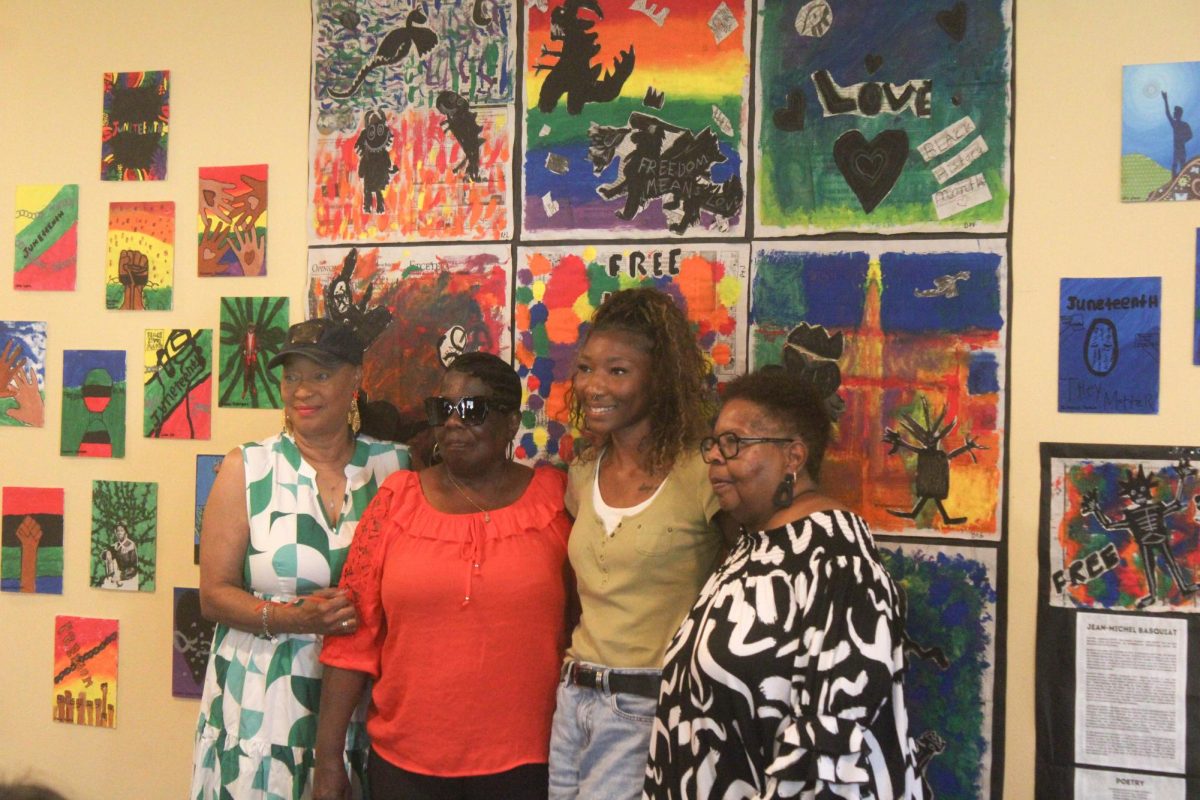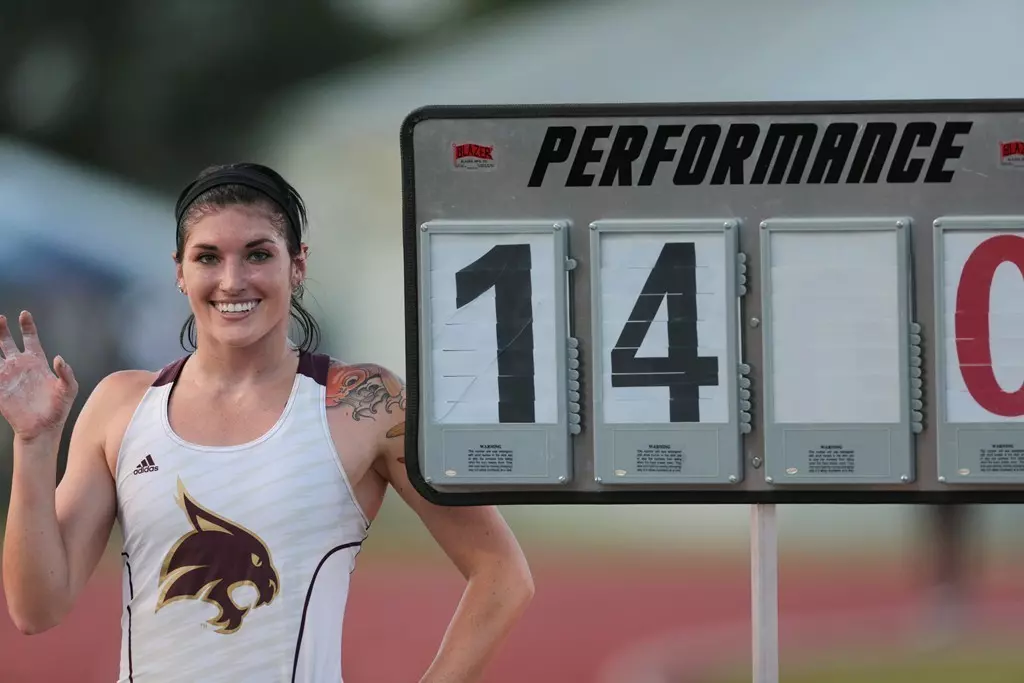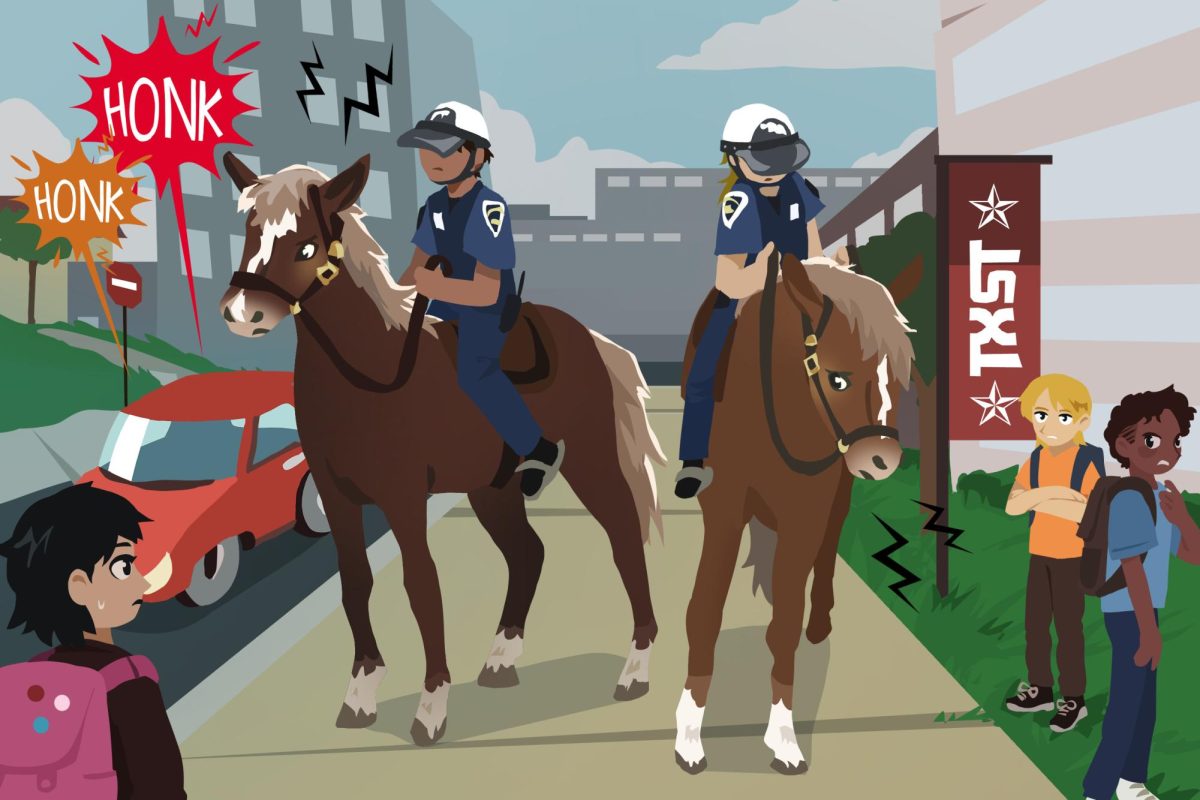Higher education gives us a pathway to important careers and prepares us to be engaged, intellectual members of society. However, in recent years, disengagement within the classroom has increased.
In the U.S., the number of people enrolled in undergraduate universities dropped 6.6% since COVID-19. For those enrolled, engagement and class attendance are at a low, according to educators nationwide.
This loss of interest in learning is detrimental to the future of students because it is vital for people to be engaged in order for them to perform their jobs well and with enthusiasm. Students who are engaged in their studies also experience better mental health and life satisfaction.
There are many theories surrounding the change; these theories speculate the effects of COVID-19 and even our society’s shift in careerism.
The pandemic was a time in which many universities, including Texas State, had to upend the classroom and turn to remote learning — a challenge whose effects still influence student participation.
Many professors reported the quality of their student’s work to be decreasing, and their willingness to learn failed to return to where it was before the pandemic because of the amount of time spent on remote learning.
Others take a different perspective on the lack of student enthusiasm toward learning.
A new surge of careerism is taking over, compelling college students in the U.S. At Texas State, business and marketing are among the most popular majors, with 17% of graduates. Even Harvard University, once home to the world’s most esteemed poets, sees 40% of its graduates working in consulting or finance.
In our current society, the arts are not seen as particularly lucrative, and it is perfectly reasonable for students to choose pragmatic career paths. However, how does this pertain to the student disengagement professors report nationwide?
There is an intense amount of pressure on students when it comes to choosing a major, and our present-day culture has shifted when it comes to careerism.
A study conducted by Harvard on college freshmen shows this shift. The study surveyed which objectives students find more important. In 1967, 85.8% said “developing a meaningful life philosophy” was necessary, while 41% said they believed “being well off financially” was important. In 2016, 82.3% said they preferred to be financially well off, while 42% said developing a life philosophy was important.
The shift in this study reflects our current society and the values that are believed to be important. A new culture is forming around careerism as a venture towards making the most money. This is not necessarily negative, but it could be for those feeling pressure to pursue avenues they are not especially passionate about.
In the wake of these problems, there are solutions to increase students’ engagement and reinvigorate the love for learning that seems to have faded in the past few years.
For students, not being afraid to pursue their passions is essential. Being passionate about your studies means being backed by increased motivation, resilience against obstacles and a greater interest in active learning.
Another solution is to take initiative in the type of learning that serves you best. At Texas State, there is the option to take online, in-person and hybrid classes, allowing students to pick the arena where they believe they can perform best.
Choosing the correct learning environment can benefit students because it provides flexibility and allows them to be responsible for their success.
Higher education is a gift that shouldn’t be taken for granted; to reap all of its benefits, being engaged is extremely important. In order to reclaim the love for learning, students must evaluate themselves and what they seek to gain from their university.
– Faith Fabian is an English sophomore
The University Star welcomes Letters to the Editor from its readers. All submissions are reviewed and considered by the Editor-in-Chief and Opinion Editor for publication. Not all letters are guaranteed for publication.































